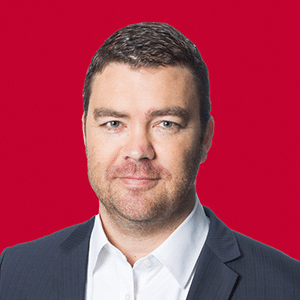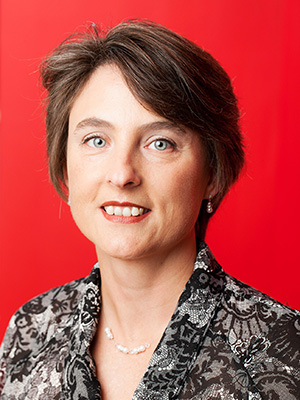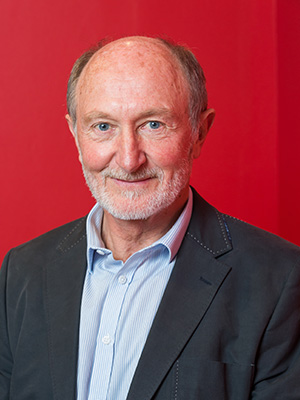October was another red month for global equity indices. In the US, the S&P 500 fell 2.1% while the Nasdaq declined by 2.8%. Things did not improve as you look further East. London’s FTSE 100 was down 3.7% while Hong Kong’s Hang Seng Index dropped 3.9%. The MSCI All Country World Index (ACWI) and Emerging Markets Index returned -3% and -3.9% respectively. Commodity indices delivered a mixed bag. Amid global uncertainty, tensions in the Middle East and a rush to safety, gold performed well, increasing by 7.3%. The price of Brent Crude oil declined by 8.3%, as concerns around global demand outweighed fears of oil disruption in the Middle East.
Hiding places were few and far between. US Treasury bonds continued their selloff early in the month, as the yield on the US 30-year treasury passed 5% for the first time in decades. Since March 2020, treasury bonds with 10 year or longer maturities have plummeted more than 46%, not far off the pace compared to the Dotcom stock market crash. It ranks as the deepest bond bear market in the 247-year history of the US, according to data from Bank of America. Concerns also remain regarding the size of US debt issuance, with both Q4 2023 ($750 billion) and Q1 2024 ($816 billion) set to be record numbers.
Geopolitical tensions ratcheted up quite a few levels over the course of the month, adding to an already unstable economic environment. Palestinian militant group, Hamas, launched a large-scale surprise attack on Israel, taking more than 200 prisoners and killing hundreds of civilians. This prompted a massive retaliation from Israel, and other regional powers like Iran and Hezbollah have warned that the conflict could destabilise the entire region.
The Ukrainian army is also facing an uphill battle to secure funding for the war effort, as some Republicans want the taps of US aid to be turned off. This “war fatigue” is something that Putin has long counted on. To top things off, Putin also claims that Russia has successfully tested a nuclear-powered cruise missile, which potentially gives it unlimited range.
On the local front, the Boks won the world cup. Again. Everything else was a side issue this month.
We were, however, tantalizingly close to not being able to do so with the presence of our national flag and the singing of our anthem, as Government had failed to align policies to match World Anti-Doping Association requirements. This despite having ample time and warning to do so. Cyril Ramaphosa, however, had no qualms about strong-arming his way onto the winners podium, to bask in the reflected after-glow from the win.
Like most global indices, the JSE All Share also had a tough month, dropping by 3.4%, while the Rand slipped by another 1.45% against the USD. Renowned economist, Dawie Roodt, warned that the Rand is on track to breach R25/$ within the next 2/3 years, and given our dire fiscal situation, ballooning debt burden, and lack of economic growth – this does not seem farfetched.
James Hayward BEng (Civil)
Equity Analyst
James, or JD as he prefers to be known, is an equity analyst in the global investment team, having joined Flagship in 2021. At the completion of his degree, JD worked in the engineering and fintech start-up industries while pursuing further studies in investments. JD holds an Engineering degree from Stellenbosch University and has passed all 3 levels of the CFA exams.




















